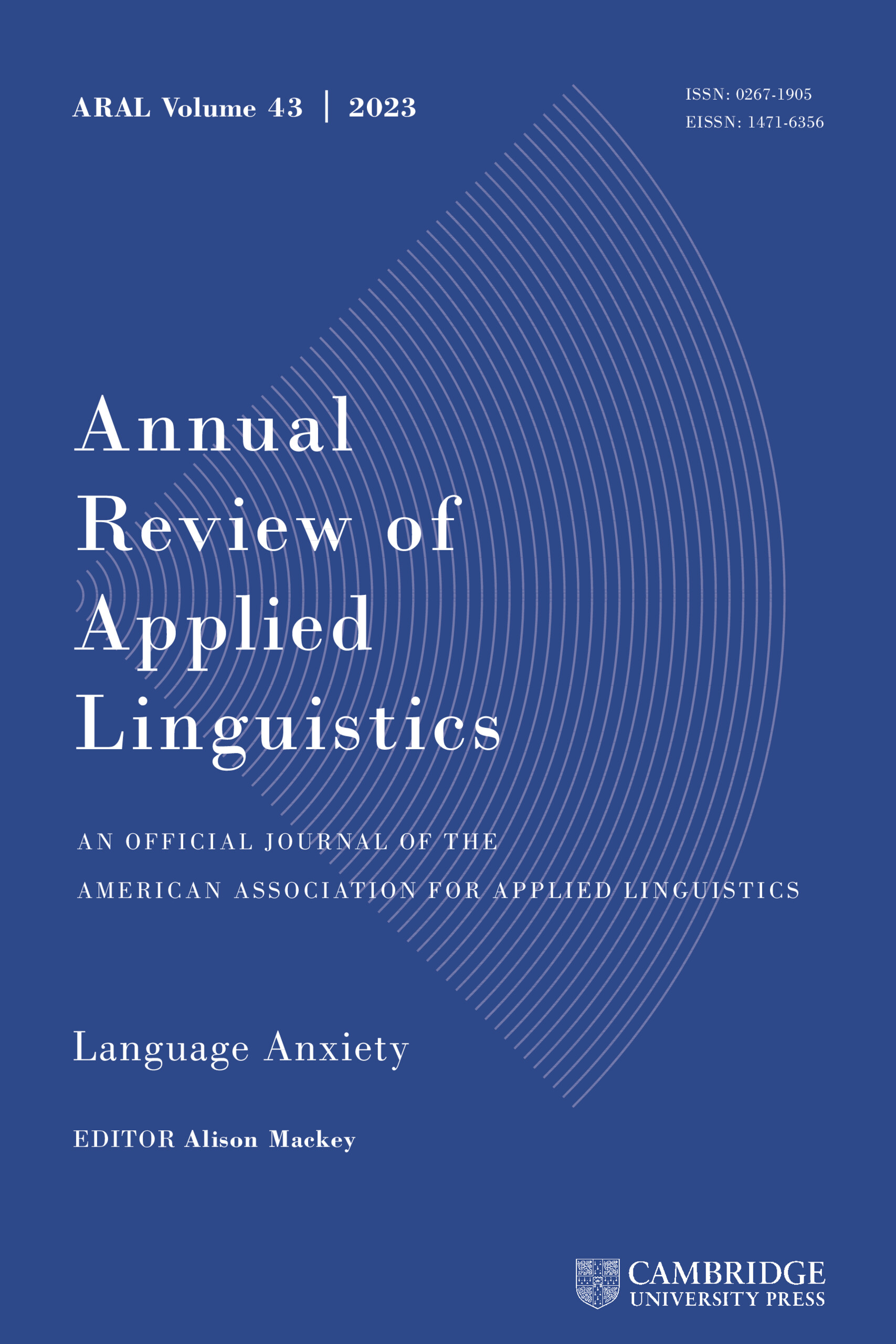Article contents
Rethinking protocol analysis from a cultural perspective
Published online by Cambridge University Press: 01 April 2002
Abstract
Some form of verbal report — that is, a research participant's concurrent or retrospective verbal account of thought processes during problem-solving activities — has been used throughout this century as the data base from which psychologists have developed theories of human mentation.Newell and Simon (1972) and Ericsson and Simon (1980, 1993) have provided extensive justification for use of one such method, protocol analysis, to investigate cognition from an information processing (IP) perspective.They have characterized protocol analysis as a methodology capable of providing evidence of the cognitive processes used when people attend to information stored in short term memory (STM) in order to solve problems.Cultural-historical activity theory (CHAT), with its concern for the mediation of human development by culturally- and historically-grounded signs and tools based on the work of Vygotsky (1987), Leont'ev (1981), and others, suggests a different view of protocol analysis.In this chapter I outline a CHAT perspective that accounts for protocol analysis along three key dimensions: (a) the relationship between thinking and speech from a representational standpoint; (b) the social role of speech in research methodology; and (c) the influence of speech on thinking during data collection.The purpose of this discussion is to illustrate how use of verbal reports can be viewed through a CHAT lens and to identify alternative assumptions necessary to use it from a CHAT perspective.
Information
- Type
- RESEARCH METHODS
- Information
- Copyright
- © 2001 Cambridge University Press
- 49
- Cited by

